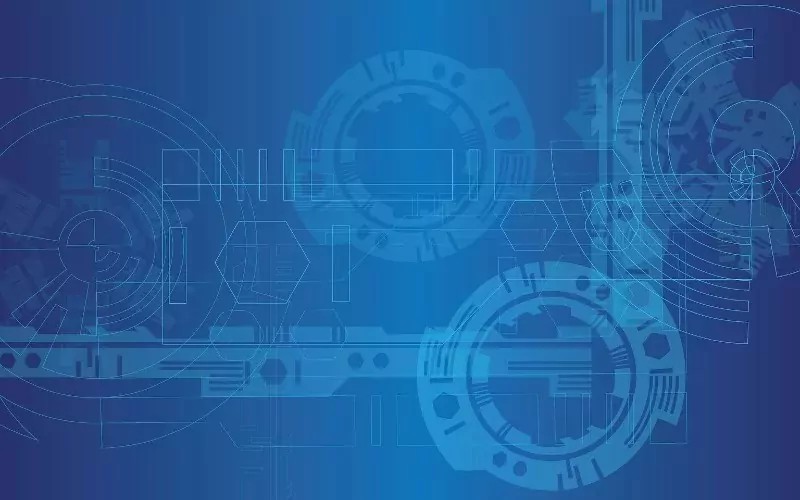The integration of artificial intelligence in the workplace is more than just a trend; it is a transformative shift. A recent survey reveals that 64% of employees across seven nations favour AI companionship at work. These findings ask us to explore how this change could redefine job roles and efficiency.
Embracing Human-Machine Collaboration
AI is revolutionising the way we perceive collaboration in the workplace. Insights from the ‘automatica trend index’ survey, which reached 7,000 participants globally, indicate that the majority of workers are welcoming AI as partners. Notably, 73% of respondents believe AI eases task delegation, emphasising its role in enhancing operational productivity.
Employees globally are expressing a desire for politicians, industries, and academia to commit to training and development for the era of work 4.0. This comes as the technological evolution of intelligent automation progresses rapidly. With proper implementation, AI is expected to provide substantial support in work environments.
Future of Skills and Employment
The notion that AI and robotics could lead to job displacement is being challenged by recent findings. In countries like Germany, France, Italy, and Japan, about half of the respondents foresee an increase in higher-skilled and higher-paid positions due to human-robot teams.
In contrast, this optimistic outlook is even more pronounced in China and the United States, where 80% of surveyed employees expect a surge in career opportunities. The potential for AI to elevate job roles and create new avenues is a significant advantage for economies worldwide.
Optimising Workforce Productivity
AI is heralded as a catalyst to master higher-skilled work. Approximately 68% of respondents from the seven surveyed countries view this as an opportunity to augment existing capabilities.
By combining human creativity and intuition with the precision and strength of robotics, 70% believe there will be substantial improvements in manufacturing processes. This synergy is thought to drive both innovation and efficiency.
AI-assisted approaches are seen as instrumental in enhancing production lines, reducing error rates, and speeding up task execution. The resultant efficiency could redefine industrial benchmarks and lead to more resilient workplace environments.
The Role of Politics and Education
The call for governmental and educational support is at the forefront of the AI workplace transition. Surveyed employees are urging government bodies to create policies that facilitate AI training programs and educational curricula.
Moreover, industries are expected to implement in-house training that supports workers in developing skills necessary for human-robot collaboration. This preparedness is critical to harnessing the benefits of AI while mitigating potential employment challenges.
A Holistic Approach to Integration
Inclusivity in AI integration continues to be a pressing concern. Ensuring that all employees, regardless of their current skill level, have access to AI training is vital for a smooth transition.
Providing comprehensive training ensures employees remain competitive in the evolving job market. As industries evolve, constant upskilling will become a cornerstone of career development.
The approach to AI integration should include regular reviews and assessments to adapt to the dynamic needs of the workplace, ensuring sustainable growth and development.
Steps Forward: Industry and Policy
Strategic planning and proactive policy-making are vital as industries move towards increased AI collaboration.
Companies and governments need to collaborate to cultivate a workforce capable of meeting future challenges. Ensuring a balance between technological advancement and workforce welfare will be crucial in this journey.
Challenges and Opportunities Ahead
As AI becomes entrenched in workplaces, challenges such as ethical considerations and privacy issues will need addressing. However, the opportunities for growth and innovation are vast, offering a glimpse into a future redefined by technology.
Integrating AI into the workforce is not just inevitable; it is a promising evolution that can reshape industries. As companies and governments navigate this transformation, the focus remains on enhancing skills and creating robust job opportunities. Workers are not just ready for this shift; they are enthusiastically embracing it.


